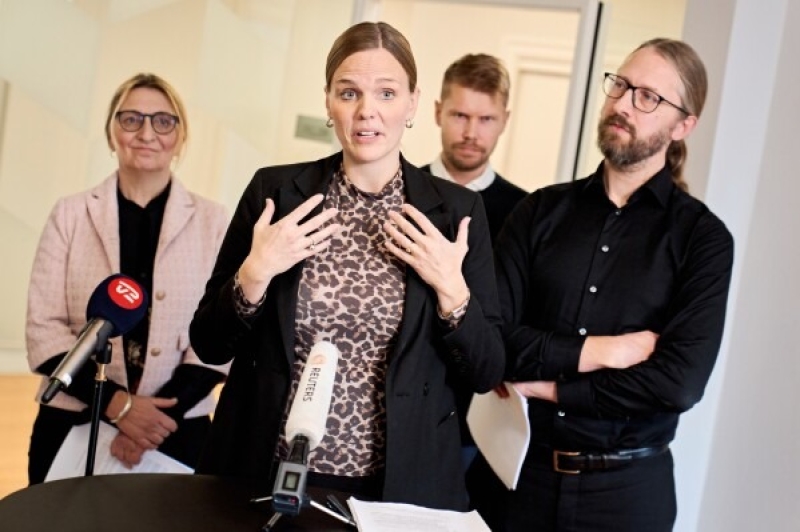- Khaleda now not fit for travelling: Medical Board |
- Panchagarh records lowest temperature 10.5°C so far this year |
- Christmas returns to Bethlehem after two years of Gaza war |
- কলাপাড়া মুক্ত দিবসে এবার সাড়া নেই কার |
- One killed, two injured in attack at Ctg meeting over marriage |
Denmark Moves to Ban Social Media Use Under Age 15

Denmark has announced plans to ban social media access for children under 15, introducing one of the toughest child online safety measures in Europe. The proposal aims to limit young users’ exposure to harmful digital content and reduce the influence of major tech platforms on children.
Under the draft plan, children aged 13 and 14 may be allowed on social platforms only with parental consent, granted following a formal assessment. The government is still developing enforcement mechanisms but has acknowledged that current platform age rules are frequently bypassed.
Digital Affairs Minister Caroline Stage said the measure responds to growing concerns about the emotional and psychological risks faced by children in an increasingly digital environment. According to government data, most Danish children under 13 already maintain profiles on at least one social media platform.
Stage said the legislation will be designed carefully to prevent compliance loopholes. Denmark plans to use its national electronic ID system and a forthcoming age-verification tool. Social media companies will be required to verify users’ ages, with non-compliant platforms facing potential EU fines of up to 6% of their global revenue.
The government stressed that the goal is not to limit children’s digital literacy, but to protect them from online pressure and harmful content that can disrupt sleep, concentration, and mental well-being. Officials said parents and schools alone cannot manage the scale of the problem.
Several countries have recently adopted tighter controls on young users of digital platforms, while the EU’s Digital Services Act already prohibits children under 13 from maintaining social media accounts. However, enforcement has been uneven, and age-verification standards vary widely.
Tech platforms have said they are open to cooperation. Some companies have introduced parental tools and teen-focused safety features, though critics argue the measures do not go far enough.
The Danish proposal will now move through a legislative process as policymakers and stakeholders work to finalise the details before implementation.

